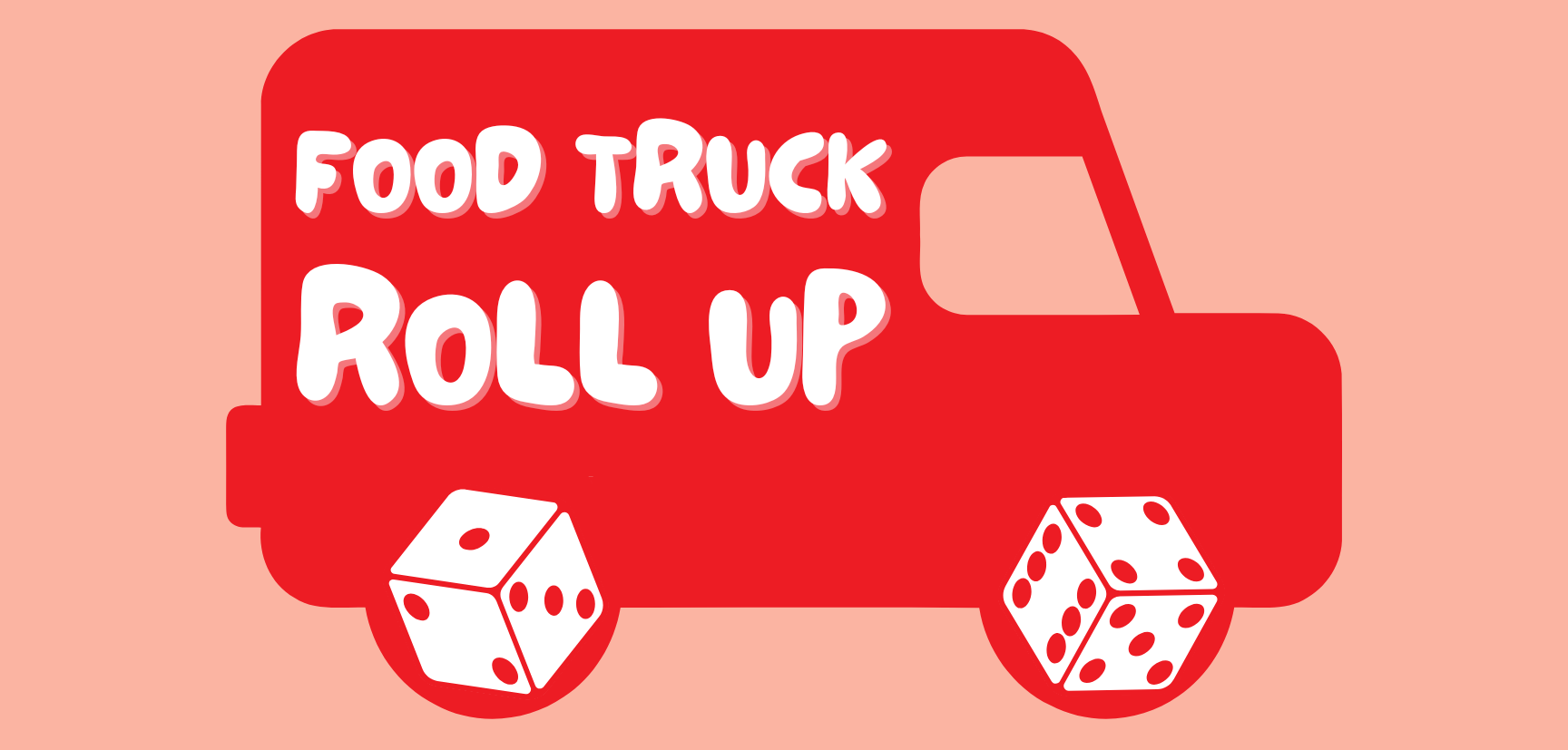
Move over, Don Guerra; there’s a new bread baker in town, and she has a cooler name.
In May 2023, Molly Carney established Dirt Lady Bread after relocating to Tucson. She operates a cottage bakery from her home in Armory Park, crafting beautiful and delicious artisanal sourdough and fermented yeast loaves.
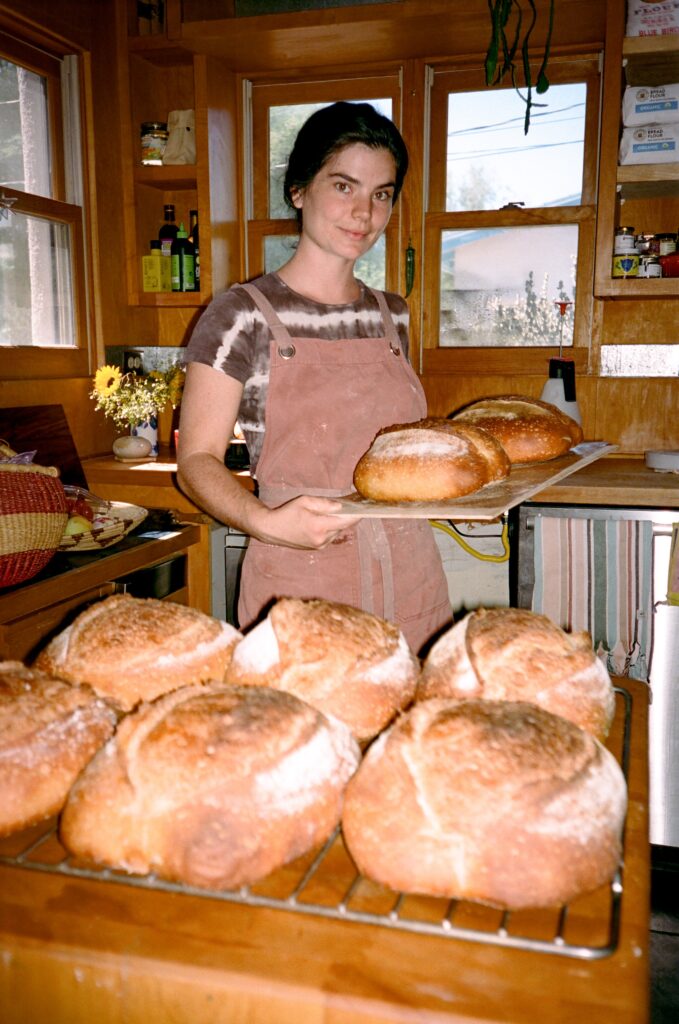
Much like Don’s bread, Molly’s loaves stand out for another reason: she sources her ingredients from local growers committed to regenerative and organic farming practices.
I encountered Molly at Local First Arizona’s Good Food Forum + Expo — a gathering of farmers, ranchers, food entrepreneurs, purveyors, and policymakers from across Arizona to discuss the future and resilience of our local food system.
As I walked by the Dirt Lady Bread table, I was first captivated by Molly’s smile, followed by the striking loaves of bread and a jar of mesquite local honey butter (which, to my disappointment, Molly told me she doesn’t regularly make).
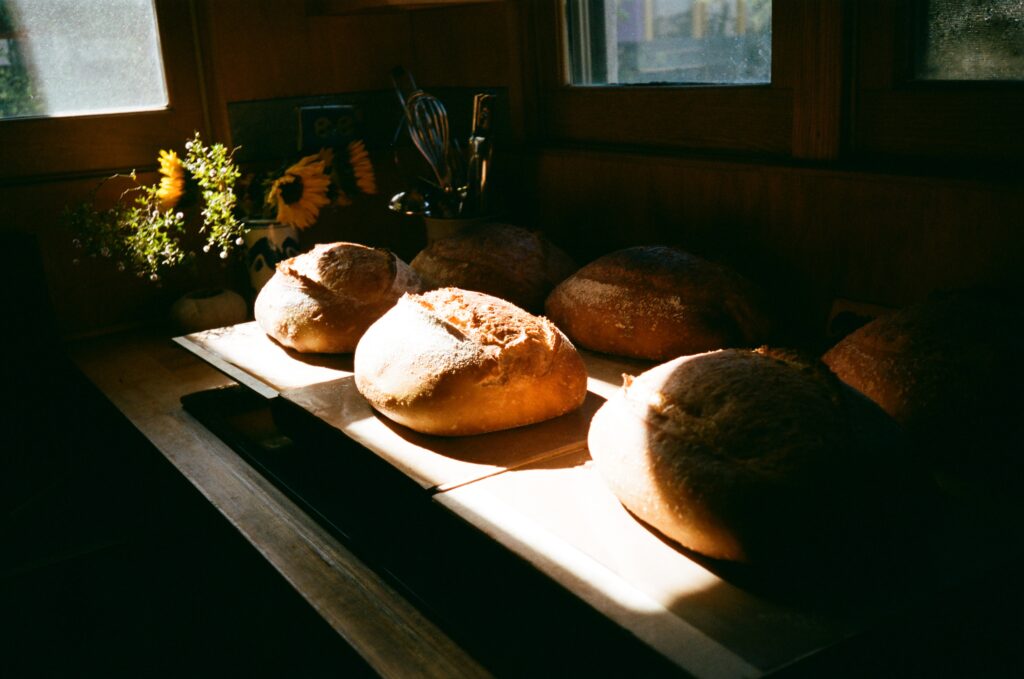
Molly honed her baking skills at 1900 Barker Bakery and Cafe (deemed Food and Wine’s “Kansas’ Top Bakery” in 2022), working alongside Executive Chef Jake Dodd-Sloan and James-Beard semi-finalist Chef Taylor Petrehn. Prior to this, she was an organic farmer, cultivating in places like Oak Creek Canyon, Taos, and Naples. Molly earned an MA in Sustainable Communities at Northern Arizona University, where she developed her health and earth-conscious sourdough bread.
Me: Why did you decide to open a bakery?
Carney: To me, baking and owning this company represents the perfect fusion of choosing products that honor the land. It taps into regenerative and organic farming practices to create something delicious that also fosters community.
Me: Why bread?
Carney: Bread has always been a cornerstone of our diet. But now, we’ve altered it to such an extent that we need to rethink our bread-making and milling methods. It’s hard to believe so many people are gluten-free; it’s really about our farming and flour production practices. We strip flour of its phytonutrients and add things like niacin and glyphosate. And then there’s the weeks-old grocery store bread. I can’t support zombie bread — no to zombie bread!
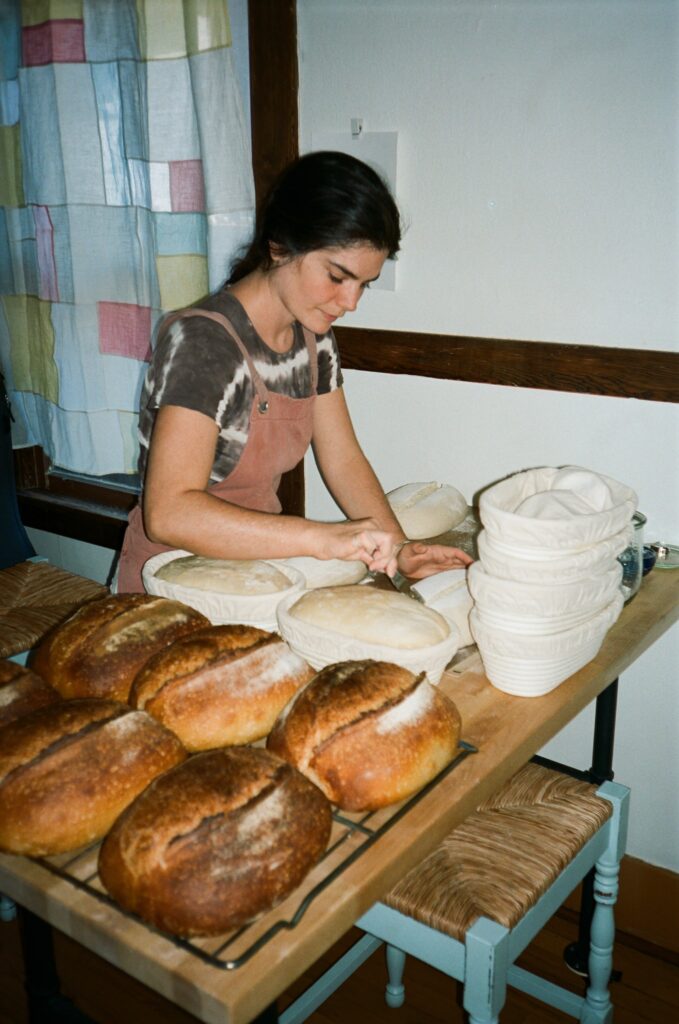
Me: So, you primarily source your flour from Oatman Farms?
Carney: I procure it from Oatman Farms and Cairnspring Mills, another benchmark for cold stone milling and organic farming. They supply flour for Tartine.
Me: Why is choosing regeneratively farmed ingredients significant to you, and why should our readers care?
Carney: Bread-making processes can lead to inflammation in our bodies and harm both the Earth and our food system. Mending our relationship with bread revolves around two things: our baking method and the type of flour we use. Regenerative farming, especially the practices at Oatman Farms, is vital. They aim for minimal water and intervention, shunning pesticides, herbicides, and even organic ones. Yadi can irrigate an entire White Sonoran wheat crop, one of our area’s heritage grains, just once, and it will flourish.
If we’re discussing sustainability in the Southwest and constructing a regenerative food system resilient to droughts, water shortages, and growing populations, we must revert to traditional ecological wisdom and more intelligent food cultivation techniques.
And the bonus? The taste is fantastic, and it’s highly digestible.
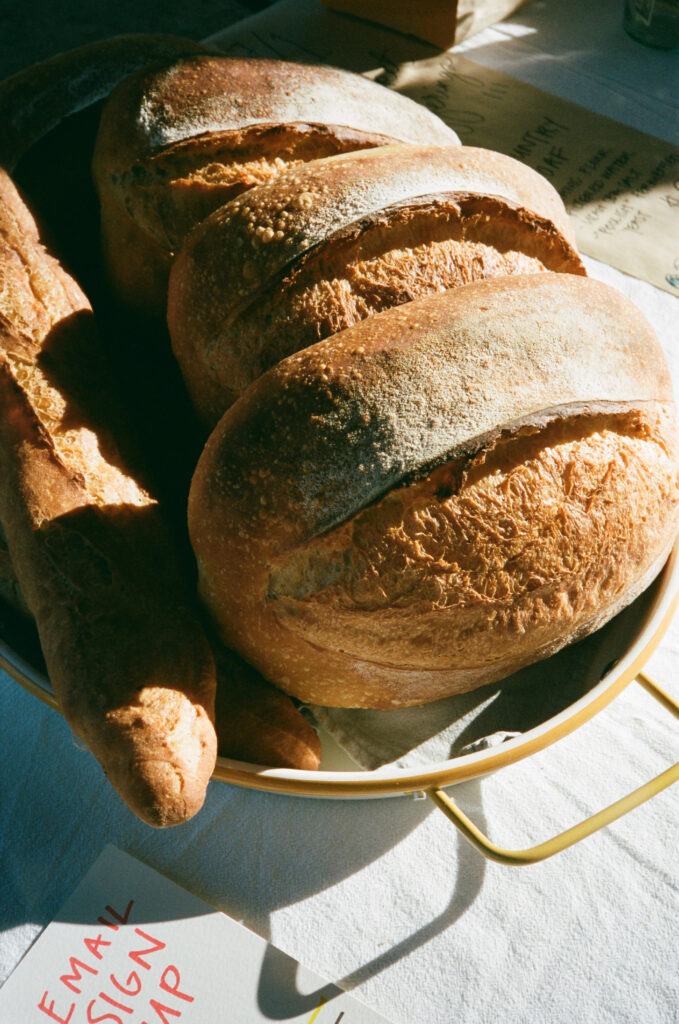
Me: Your approach seems more forward-thinking than most bakers, especially considering challenges like water shortages. It’s brave to adopt a long-term perspective in your company’s early stages when most bakers focus on sales and profit. What convinces you that people will prioritize these issues when purchasing your loaves?
Carney: It’s less about belief and more about necessity. We have to grow crops that require less water, particularly in the Southwest, and reconnect with ancient wisdom about coexisting with this demanding landscape. My bread might not always look perfect — sometimes with a thicker crust or closed crumb — but it’s always genuine, better for the land, and healthier for us.
Me: Your bread is undoubtedly exquisite. Where can people buy it in Tucson?
Carney: Currently, I’m at the Oro Valley farmer’s market, and I host a pop-up in Armory Park on Wednesdays.
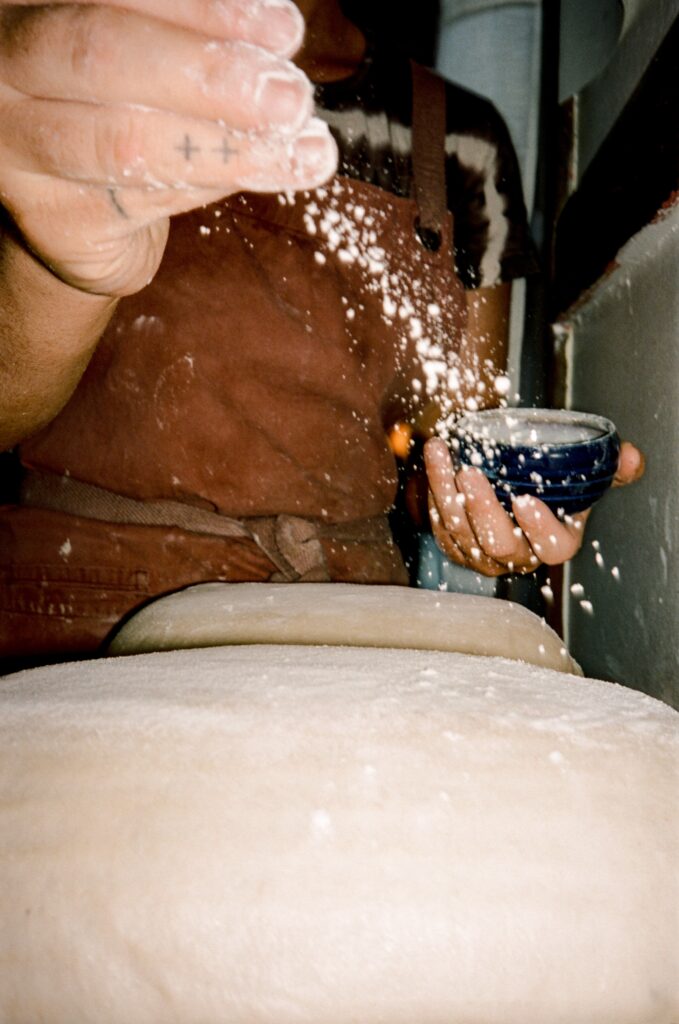
For more information, visit dirtladybread.com and follow Dirt Lady Bread on Instagram.
Love Tucson food? So do we. That’s why our stories are free to read — and focused on the chefs, farmers, and restaurants that make Tucson so delicious.
👉 Get exclusive perks & support local with the Foodie Insiders Club and learn how to eat local year-round.